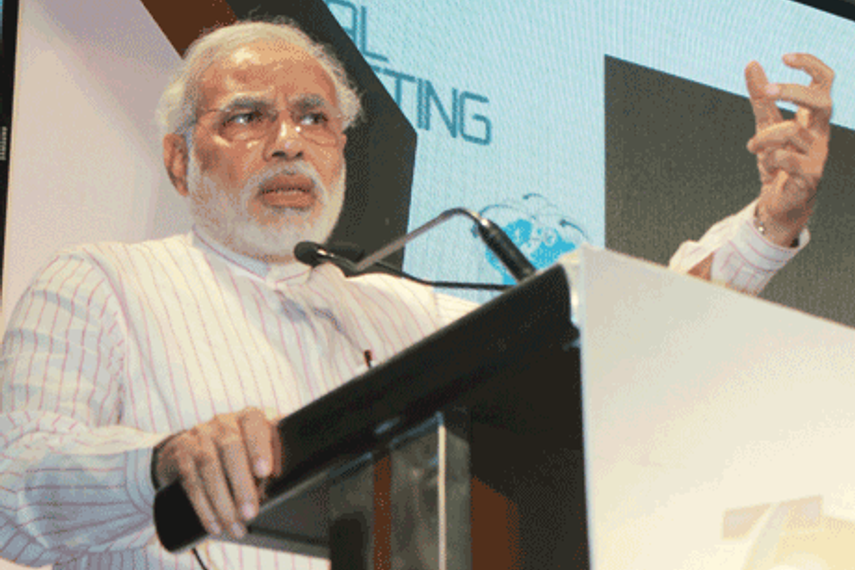
Please sign in or register
Existing users sign in here
Having trouble signing in?
Contact Customer Support at
[email protected]
or call+91 022 69047500
‘Don’t try to impress the world, inspire it,’ said the Gujarat chief minister, at IAA’s Platinum Jubilee Global Marketing Summit in Mumbai on 30 September

Contact Customer Support at
[email protected]
or call+91 022 69047500
Top news, insights and analysis every weekday
Sign up for Campaign Bulletins
Is the PR industry on the cusp of widespread redundancies or is the truth a little more nuanced and complicated?
Uber Moto’s IPL stunt taps cricket's cult-like grip, rolling culture, rivalry, and chaos into a social-first, anti-hero caper.
Business leaders are turning to IT firms, AI specialists, and consultancies—not agencies—for their digital transformation needs, according to a new VML report.
As the marketing funnel continues to evolve, the brands that adapt, integrate, and invest smartly will come out as winners, says The Trade Desk managing director.